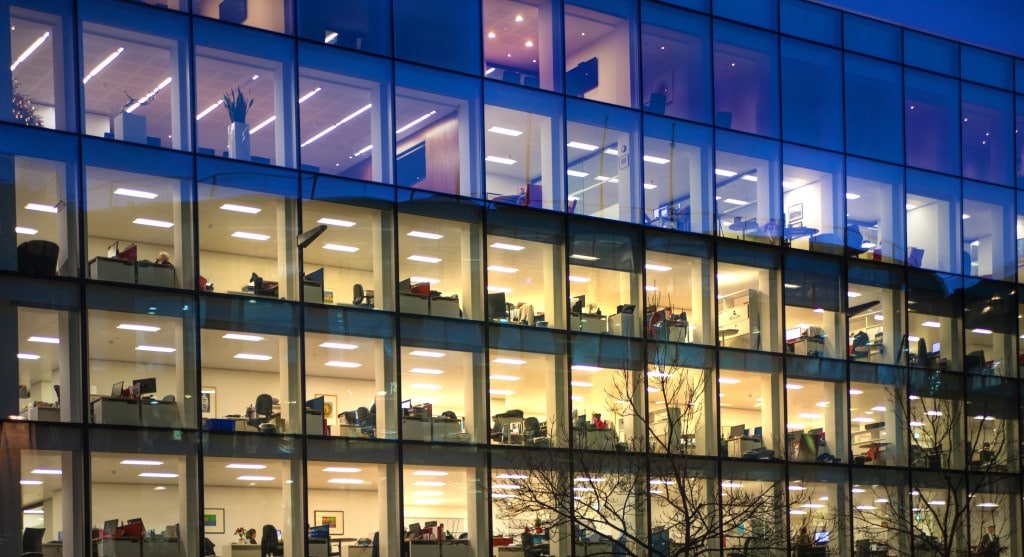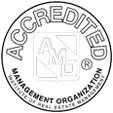Leasing vs. Buying Office Space: What’s Right For Your Business?

At some point, most business owners face one critical commercial real estate decision: to buy or not to buy? Whether you’re a new company looking for your first site or a growing organization in need of larger headquarters, choosing between leasing office space and purchasing the property outright can pose a challenging question without a clear-cut answer.
If you’re a business owner struggling to decide if you should lease or buy commercial property, it’s important to weigh the pros and cons of each scenario carefully. Here are a few key facts to consider when making an informed final decision on what’s best for your company.
Renting Commercial Property: The Pros
Leasing office space offers several appealing benefits, particularly to new business owners or entrepreneurs with smaller enterprises. Leasing commercial real estate delivers potential advantages, such as:
Flexibility
Is your business experiencing rapid growth, with no end in sight? Or, perhaps you’re looking to downsize? A low commitment rental can prove an ideal solution to ensure you’re not stuck with more or less space than you need.
Location, Location, Location
From a cost perspective, many business owners find it’s easier to lease an office in a highly desirable location than it is to buy building in that zip code.
Customized Remodeling
Some especially motivated landlords will work with you to understand your company’s specific commercial real estate needs and remodel the interior design to best serve your business. Additionally, some landlords may also absorb various utility costs for adding cost savings.
Tax Benefits
Lease payments are not only tax-deductible, but they are often lower than mortgage rates, allowing you to keep a higher cash flow in your business and potentially boost your credit rating.
Renting Commercial Property: The Cons
Of course, with every prospective upside comes a downside. Leasing commercial real estate also brings with it some disadvantages that may eliminate it as a viable option. Some cons include:
Rent Increase
Every time your lease is up for renewal, you run the risk of incurring an increase in your monthly rental fee.
Repairs (Or Lack Thereof)
Even new commercial buildings require some occasional maintenance and TLC. Unfortunately, when you’re not the owner of a space, you’re at the mercy of your landlord’s timetable, which can be frustrating if you discover your repairs aren’t always his top priority. Working with a commercial real estate broker can help ensure your maintenance needs are managed.
Landlord Changes
Renting a space means you have little say over who your landlord will be – or if the landlord you have today will, in fact, be the landlord you have tomorrow.
Buying Commercial Property: The Pros
Purchasing commercial real estate is an investment that yields a multitude of financial perks such as:
Fixed Cost
There’s something to be said for locking into a fixed monthly payment. Knowing what your mortgage will be for the duration of your loan gives you a long-term look into your routine business costs as well as peace of mind that your monthly payment won’t unexpectedly go up (unlike a rented space).
Accrued Equity
The equity you accumulate with your owned property increases your asset portfolio and can also be used as collateral for business loans.
Tax Deductible
Not only are interest payments tax deductible, but you can also claim any building depreciation as well.
Appreciation
Yes, the real estate market does tend to fluctuate. However, over the span of several years (or even decades) both residential and commercial properties often appreciate in value, making it an excellent long-term financial investment.
Landlord Potential
Owning the building grants you an opportunity to build out extra space for tenant rental, instantly generating additional income.
Buying Commercial Property: The Cons
While owning a business property offers many financial benefits, there are a few potentially negative factors to consider before moving forward with the purchase.
Large Upfront Expense
Perhaps the most significant potential downside to buying a property? The large initial cost. Beyond a down payment, you will also incur several other upfront expenses such as appraisal and closing fees.
Lower Flexibility
Your new or growing company may have changing needs in the future. Owning a space means you’re locked into a specific amount of square footage, which may prove restrictive if your operations expand.
Maintenance & Repairs
As a building owner, you are responsible for managing repairs and absorbing maintenance costs which could take away from your company’s bottom line.
Contact Southpace Properties Today
Still not sure if you should lease or purchase office space? Contact Southpace Properties and consult with one of our on-site commercial realtors for more information on what makes sense for your business.







